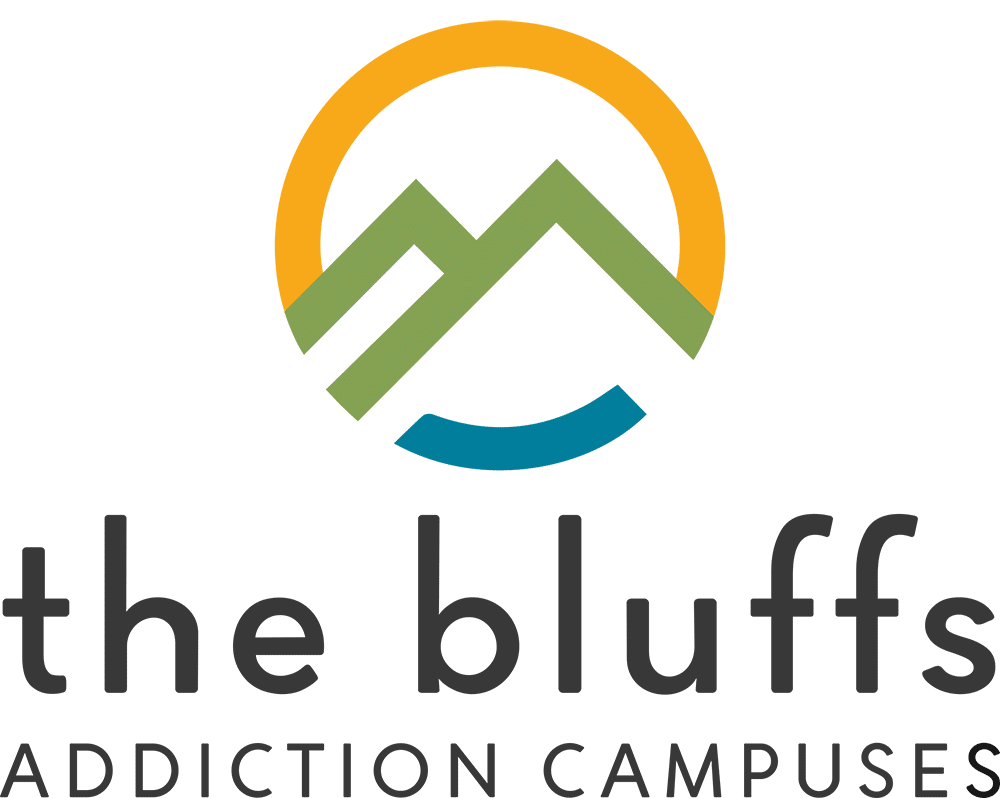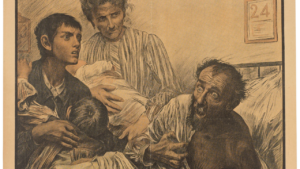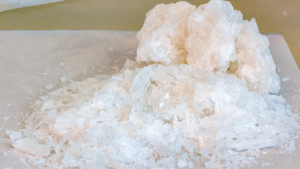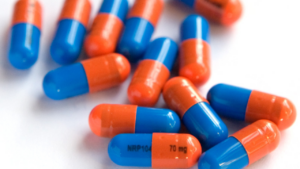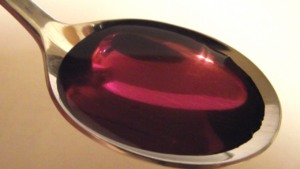The alarmingly high drug overdose death rate in the U.S. has prompted advocates to call for action in the fight to reduce addiction-related stigma. If you feel that the stigma of addiction may prevent you from seeking addiction treatment, it’s critical that you realize you are never alone.
According to the Centers for Disease Control and Prevention (CDC), more than 932,000 people in the U.S. have lost their lives to a drug overdose since 1999. If you or someone you love is struggling with substance use and you fear they are not seeking help because of the stigma of addiction, contact The Bluffs today at 850.374.5331.
What Is a Stigma?
“Stigma” is a word that derives from Greek and Latin. It originally meant a mark that was put on a person to alert others to the person’s disgrace. Today, stigma is a major barrier to overcoming drug addiction.
Stereotyping, labeling, and discriminating are all parts of stigma. It can involve using judgmental terms to refer to people with substance use disorders, addictions, and the treatments available for addiction. The stigma of addiction may persist in the belief that substance use disorder is a personal choice that reflects poorly on a person’s character or success.
Stigmas can damage the well-being and health of people who struggle with substance use. Also, they can interfere with people’s access to high-quality treatment.
How Stigma and Addiction Feed Each Other
When a person has a substance use disorder, they may not seek treatment. Why? Because the stigma of addiction may cause them to feel ashamed, embarrassed, and fearful. Unfortunately, when people don’t seek treatment because of those deep-rooted societal assumptions, biases, and unfounded beliefs, it only causes the problem to grow.
The stigma keeps addiction around as a growing problem because of its ability to prevent people from seeking treatment. Addiction feeds the stigma because as more people fall victim to it, the public forms more false assumptions about the victims and addiction itself.
How Can We Stop the Stigma of Addiction?
Addiction stigma poses serious threats and creates an enormous challenge for our communities. Therefore, it’s imperative that people are committed to dismantling it. We can stop addiction stigma in three ways:
- Changing the language
- Recognizing the success of treatment
- Learning the facts about medication
If we can break down the addiction stigma, we can use it as part of a bigger strategy to tackle the country’s drug addiction crisis.
Change the Language
One step you can take to fight addiction stigma is to change the terms and words that you use when discussing people with addiction and substance use disorders. Using “people-first” language is one way to speak sensitively about conditions like substance use disorder. This entails using words that focus on the person and not their condition.
For example, the phrase “substance abuser” is likely to increase stigma. On the other hand, the person-first phrase “person with a substance use disorder” does not.
Recognize the Success of Treatment
Another important part of reducing the stigma of addiction is increasing awareness of the benefits and efficacy that professional treatment brings. Anyone can develop a substance use disorder, but people can also recover and live fulfilling, happy, healthy lives.
Learn the Facts About Medication
Addiction is a chronic disease that has lasting effects on the brain. Substance use disorders like opioid use disorder (OUD) and alcohol use disorder (AUD) can be treated with medications that save lives.
As more people begin to appreciate the value of medication-assisted treatment (MAT) and other therapies, stigma and addiction can decrease.
The stigma of addiction is a pervasive issue that affects individuals struggling with substance abuse disorders and their communities. This social stigma can hinder recovery and prevent those in need from seeking help. In this article, we will explore the various aspects of addiction stigma and its detrimental impact on society.
Understanding Addiction
Before delving into the stigma surrounding addiction, it’s crucial to understand the nature of addiction itself. Addiction is a complex, chronic medical condition that affects the brain’s reward system. It’s characterized by a compulsion to engage in a behavior or use a substance, despite negative consequences. Addiction is not a moral failing or a choice; it is a disease with biological, psychological, and social components.
The Origins of Stigma
The stigma associated with addiction has deep historical roots. It often stems from societal misconceptions, fear, and a lack of understanding about the nature of addiction. People suffering from addiction are often labeled as weak-willed, immoral, or dangerous, perpetuating negative stereotypes.
Impact on Individuals
The stigma of addiction has severe consequences for those experiencing it. It can lead to self-blame, shame, and a reluctance to seek treatment. This, in turn, exacerbates the problem and makes recovery even more challenging.
Barriers to Seeking Help
Addiction stigma creates substantial barriers to seeking help and treatment. Individuals may fear judgment from others, leading to a reluctance to share their struggles or admit that they have a problem. This fear of rejection can prevent many from accessing the care they desperately need.
Community Effects
The stigma of addiction doesn’t only affect individuals; it also has a ripple effect on communities. It can hinder local initiatives to address addiction as a public health concern and diminish empathy and support for those in recovery. This perpetuates a cycle of suffering and can lead to the isolation of affected individuals.
Breaking the Stigma
To combat addiction stigma, it’s essential to educate society about the true nature of addiction. This includes raising awareness about its medical underpinnings, advocating for nonjudgmental support, and promoting open discussions surrounding addiction and recovery. By breaking down the stigma, we can create a more compassionate and inclusive society that empowers those struggling with addiction to seek the help they need.
Learn More About Addiction Treatment from Vertava Health – Ohio
Breaking down addiction stigma takes the effort of everyone, from our patients and their families to health care professionals and the public in general. For comprehensive treatment that works to break down stigma and addiction, reach out to The Bluffs at 850.374.5331.
